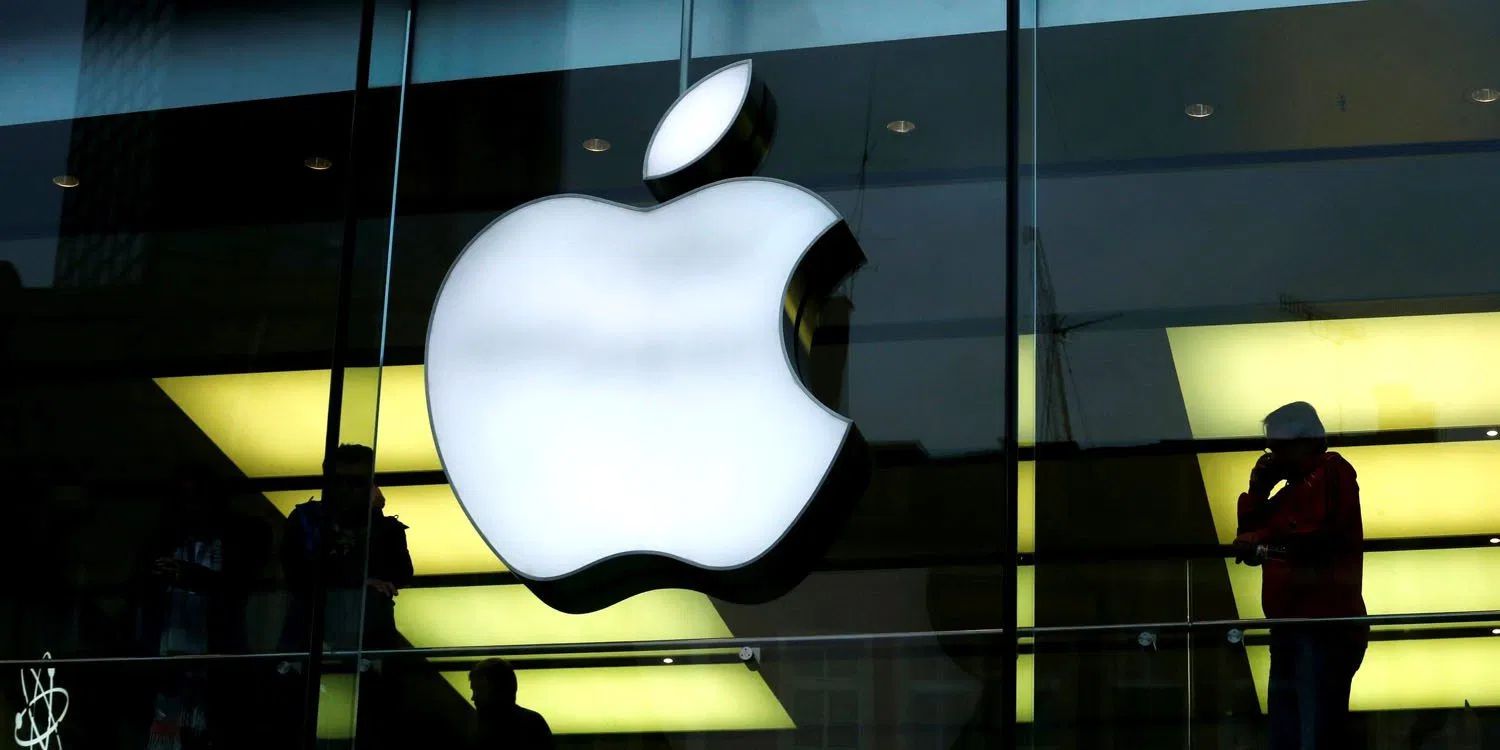 1319
1319
 2020-02-11
2020-02-11
According to a new report from The Irish Times this week, Apple is set to be a bit more transparent about its finances in Ireland. The report says that Apple has changed its operational status in Ireland and will now be required to file full annual accounts.

This comes after the EU ruled that Apple’s arrangement with Ireland was illegal and ordered the company to pay $14.3 billion in back taxes. Apple and Ireland have both appealed the ruling, but no decision has been made yet.
The backstory, as we’ve previously explained: Apple funneled the revenue from all its sales throughout the EU through its European HQ in Ireland. Apple likely chose the location because the country already had an extremely low rate of corporation tax compared to other EU countries, at just 12.5%, and the Irish government further sweetened the deal with special arrangements which meant the iPhone maker paid even less.
The EU ruled that these arrangements were illegal. It was the Irish government, rather than Apple, which was found to have broken the law, but because the arrangement was not lawful it meant that Apple owed the taxes which should have been collected.
As both parties appealed, it was agreed that Apple would pay the sum into an escrow account, where it would be held pending the appeal.
Much of this was made possible because of Apple’s “unlimited” status in Ireland. This week’s report from The Irish Times explains that this meant that Apple “did not have to file not have to file publicly-available accounts in Ireland, avoiding any scrutiny of the fact that some were paying an effective tax rate of less than 1 per cent.”
But now, Apple has updated the status of its six Irish entities to “limited.” This means the company have to file full annual reports, detailing sales, taxes, and profits, as well as cash on-hand. It’s unclear if Apple was asked to make this change or if it took the initiative itself.
Source: 9to5mac